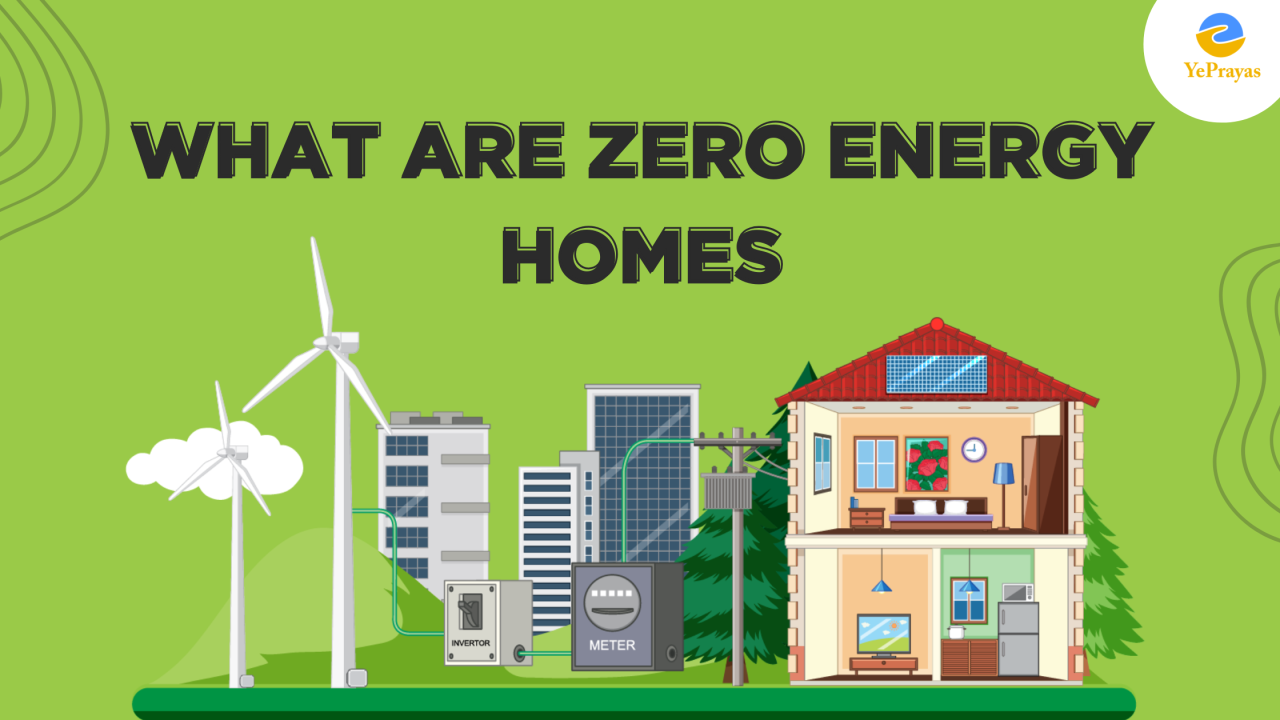A Zero Energy Homes: A Smarter Choice
A net-zero energy house is a house that generates as much energy as it uses in the course of a year. The homes are made to be ultra energy-efficient through a variety of energy saving techniques & renewable energy systems.Zero Energy Homes.
What are Zero | Energy Homes
High-Performance Building Envelope:
Insulation:** High levels of insulation in walls, floors and ceilings to reduce conductive heat loss and gain.
*― Air Sealing: Building envelope is tightly sealed and virtually air tight.
High-Performance Windows — The best energy-efficiency windows reduce heat transfer and have low-emissivity coatings.
Efficient HVAC Systems:**
High-Efficiency HVAC Equipment — Depending on the building, this may include energy-efficient heating, ventilation and air conditioning equipment.
Duct Sealing: Well sealed duct works for lesser energy consumption.
Programmable Thermostat:** Smart thermostats, set the schedule for your heating or cooling
Systems for Generating Renewable Energy:**
Solar energy — installing solar power panels
Wind:** Use of small wind turbines, especially in areas with sufficient wind.
Geo-exchange Geothermal Energy: Extracting electricity from heat.
Appliances and Lighting with Efficiency
Energy-Star Certified Appliances:** Appliances that consume lesser energy, as they carry a high-efficiency rating.
LED LIGHTING: Use of energy efficient LED lightings to save on electricity usage.
Water-Efficient Fixtures:
Low-flow Fixtures: water-efficient toilets, faucets and showerheads
Taking rainwater for irrigation and other non-potable usages.
Benefits of Zero-Energy Homes
Lower Utility Bills:** Lower utility costs as a result of using less energy.
N Environmental Benefits: Reduced greenhouse gas emissions and lower oil dependency.
Higher Property Values:** Zero-energy homes tend to have more value as property.
Fewer Outdoor Pollutants: In addition, energy-efficient homes can experience improved indoor air quality because less building envelope leakage means fewer outdoor pollutants.
Building a zero-energy home does require higher upfront investments, but its long-run savings and environmental gains pay it back. Through the integration of sustainable design and the addition of
